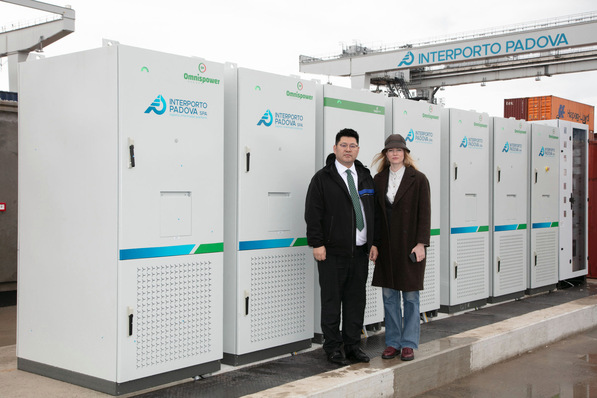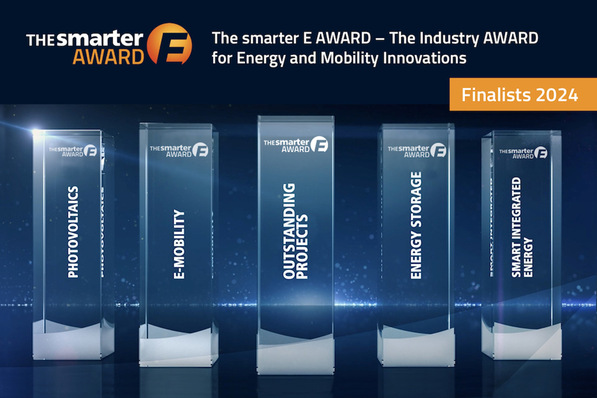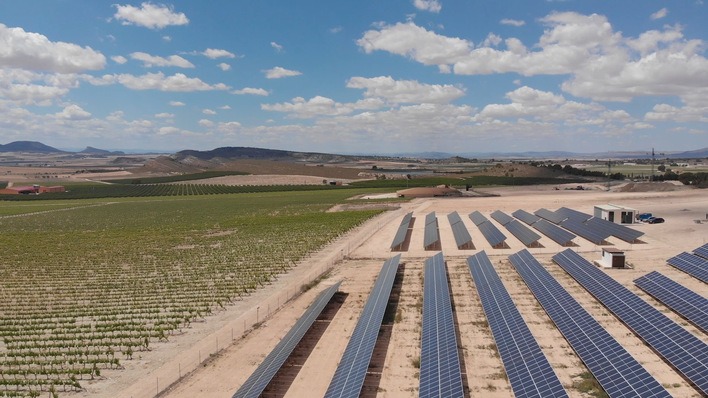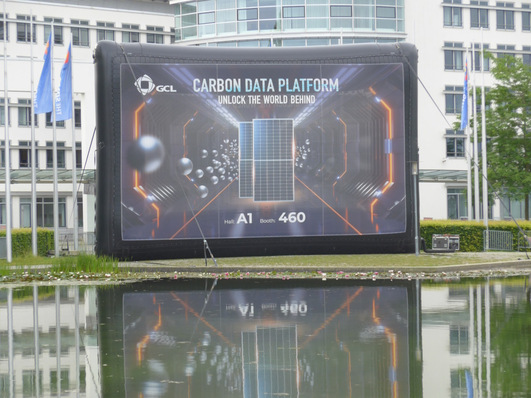A new type of battery technology with Spatial Atom Layer Deposition (Sald) will allow future electric vehicles to cover far more than 1,000 kilometres on one charge - and potentially even more than 2,000 kilometres. The process was jointly developed by German Fraunhofer Institutes and researchers from the state-owned The Netherlands Organisation (TNO). Sald BV in Eindhoven, which was founded specifically for this purpose, is responsible for marketing the process for industrial mass production.
Coatings one atom thin
Spatial Atom Layer Deposition is a patented process for applying coatings as thin as a single atom. Sald batteries not only provide three times the range for EVs than today's battery cells, but can also be charged five times faster, Sald BV says.
This means that an electric vehicle could be charged to around 80 per cent in ten minutes and completely charged in 20 minutes. The new battery generation will be available in electric cars by 2022/23 at the earliest, explains CEO Frank Verhage.
Lighter, safer and stronger batteries
Sald batteries are a further development of lithium-ion technology (Li-Ion). The nanocoating creates an artificial transition between the solid electrode material and the electrolyte. It significantly increases durability, safety and performance. Here is what Sald CEO Frank Verhage has to say: "Even under the most unfavourable conditions, we can expect the battery in an electric car to have at least 20 to 30 per cent residual charge after 1,000 kilometres when the car is driven in a dynamic, sporty manner and with air conditioning or heating on."
The Sald technology works both with liquid electrolytes commonly used today and with future solid state batteries, which are currently under development. As the ultimate goal, the head of Sald says are "3D Solid State Sald Batteries", which are to be "significantly lighter, safer and more powerful".
See also:
Battery manufacturing is coming to Europe
For example, Sald is working with the new lithium iron phosphate batteries that Tesla has announced for its latest low-cost Model 3 in China. The atom-thin three-dimensional surface coating is intended to work with all common cathode materials.
Small series already in operation
Sald holds all the necessary patents and already has machines for small series in operation. An industrial application is still to come. Such batteries could be used not only in cars, but also in smartphones and smart watches. "Imagine a smartphone that lasts a week and a Smartwatch that only needs to be charged once a month," Verhage predicts. (HS/mfo)







